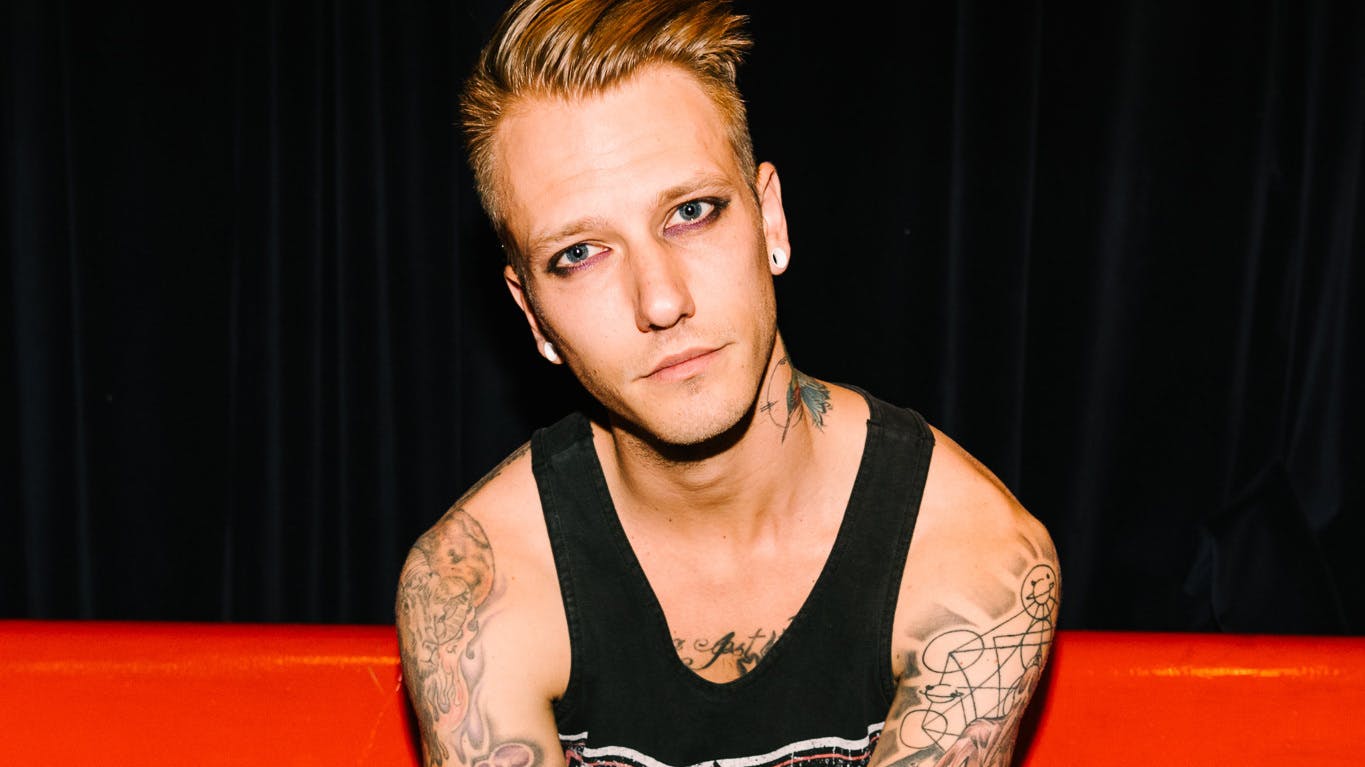When I was feeling introverted, I’d write in my journal, and all my songs have ended up coming from my journal, where I turn what I’ve written into lyrics. It’s a very liberating feeling, and working in that way because of my hearing means I get to explore myself a little more than most people do.
Because it was more acceptable for me to zone out and not pay attention to things, it meant I was able to dive into music that much more when I was younger. People ask how I’m able to sing, play guitar and mix songs with my hearing impairment, but the thing is, the way things sound to me is all I’ve ever known, so I’m used to working that way. That said, I can definitely hear the difference when I put my hearing aids in. I guess you can hear the impact of the way I hear things in my music, because the songs I make are, for the most part, loud and in-your-face, and that’s because I love music you can really feel. I love screaming music because of that, and in general, I just want things loud – I much prefer a wall of sound than something really sparse.
